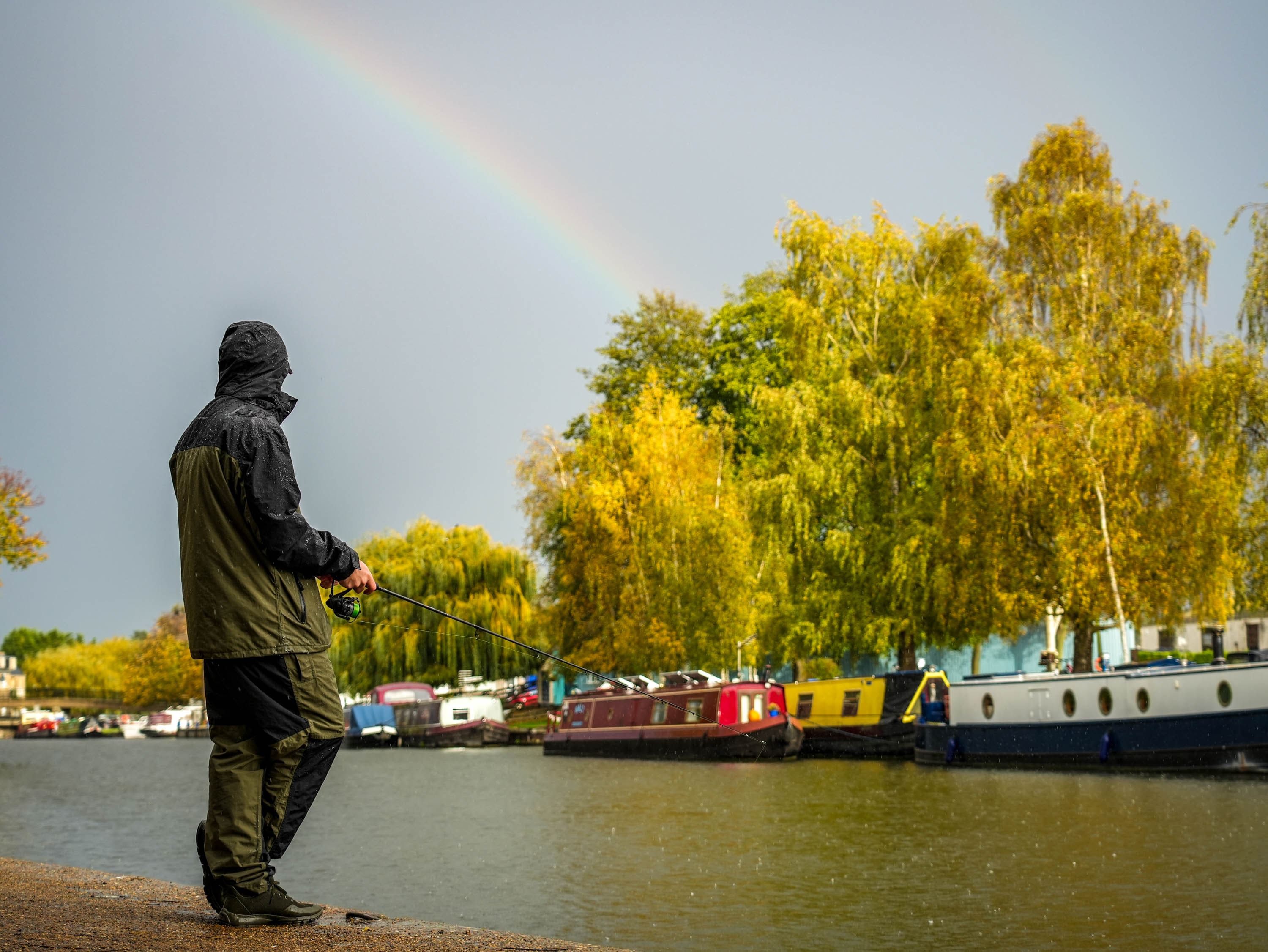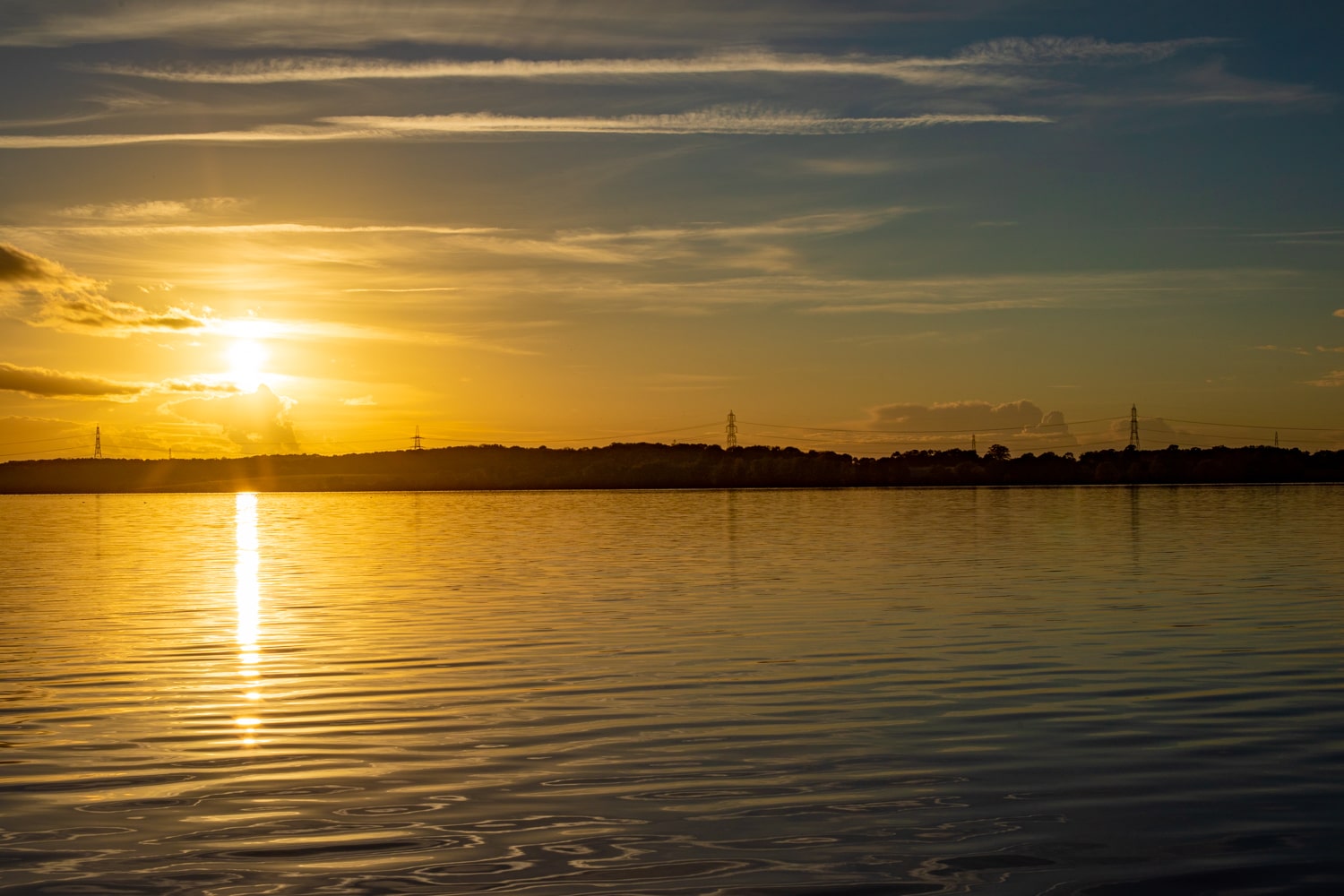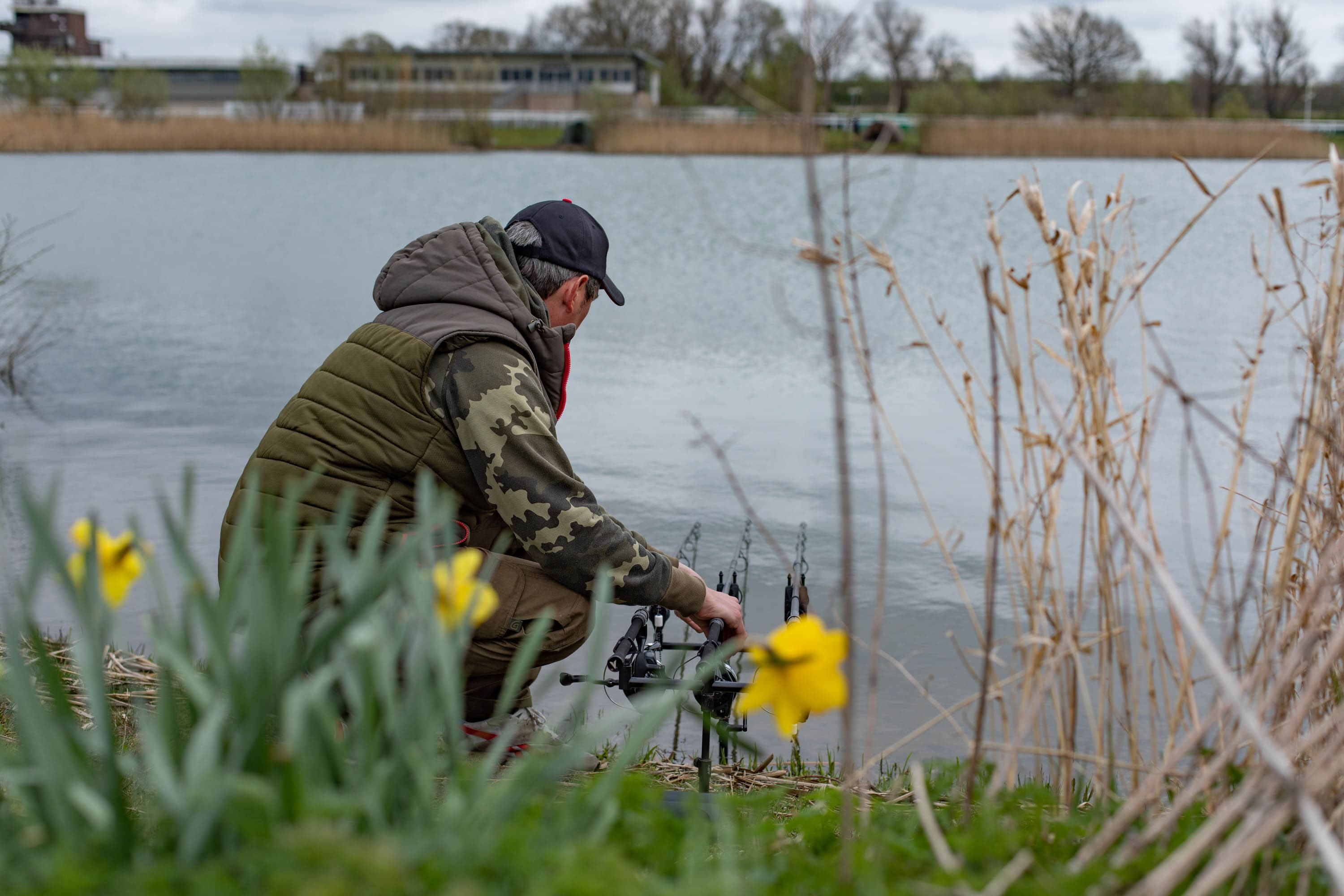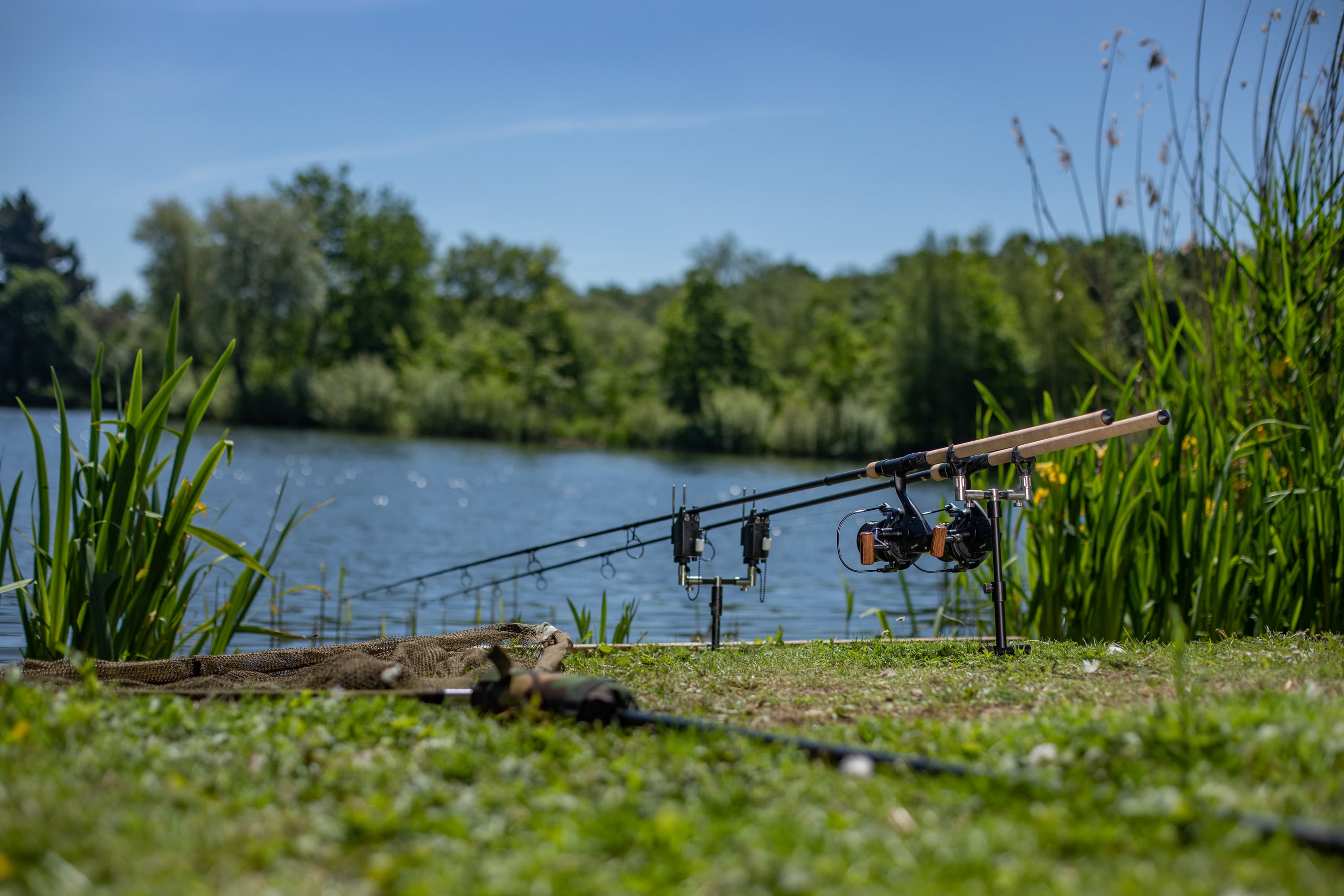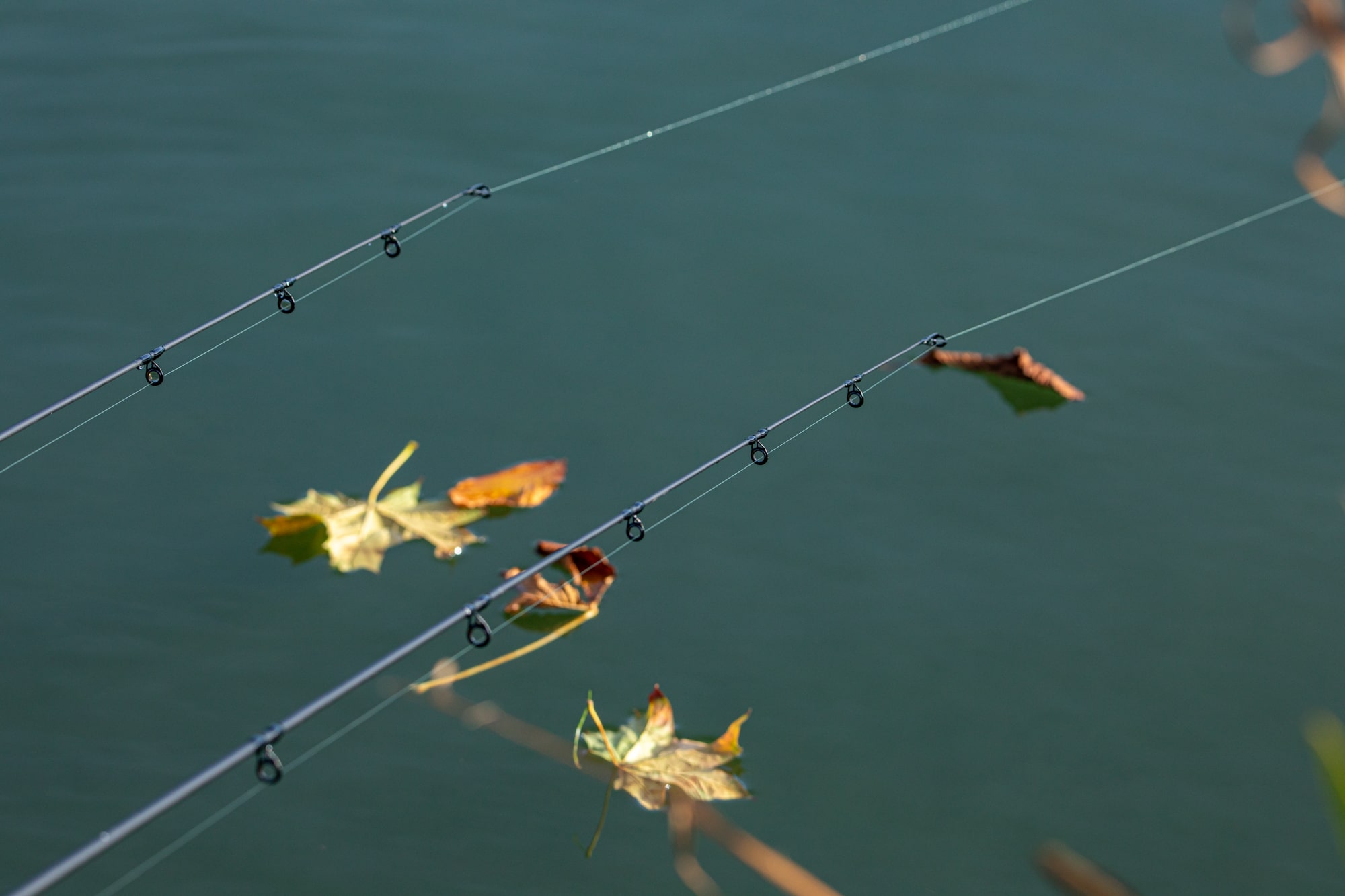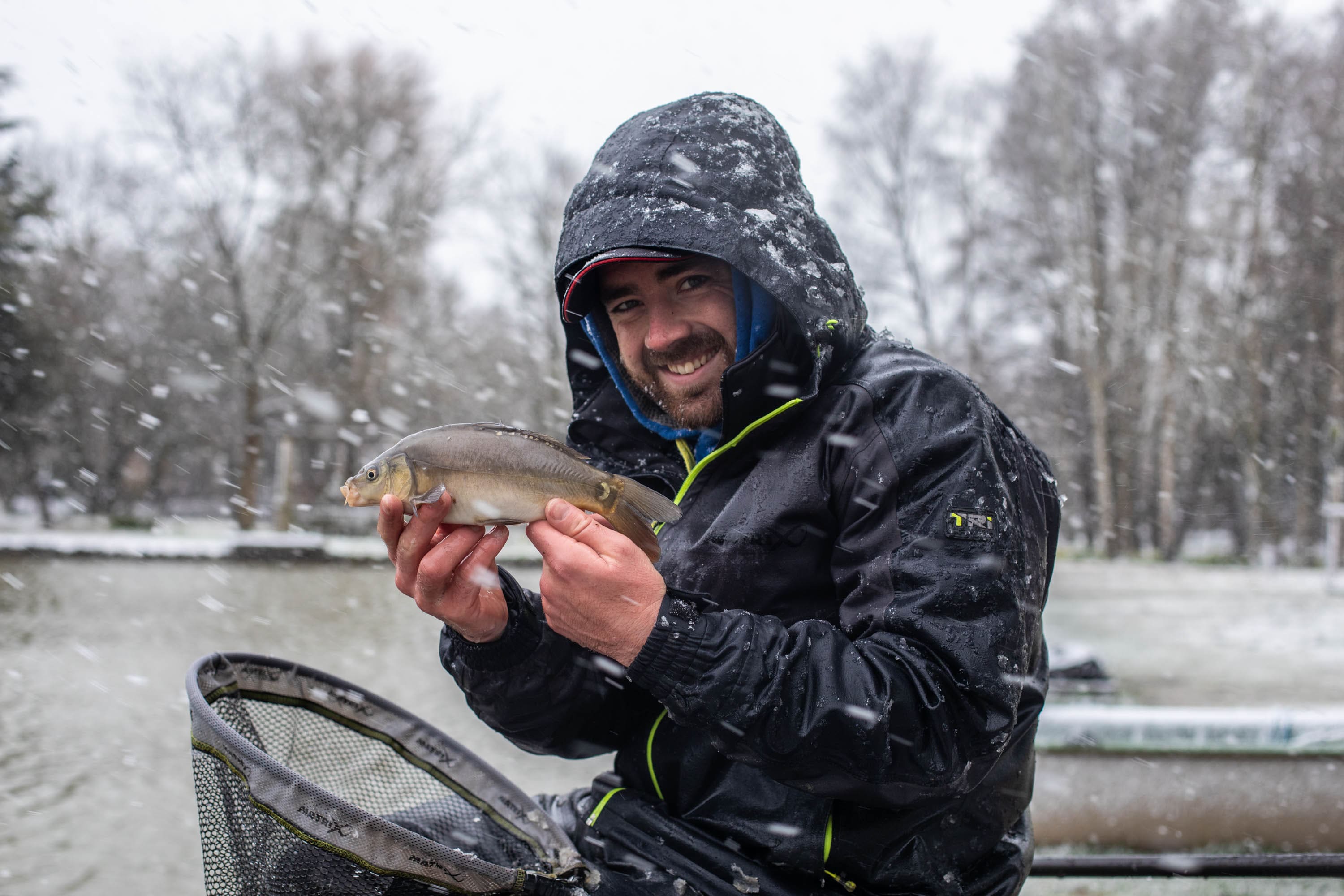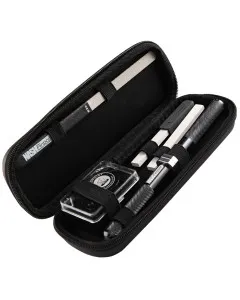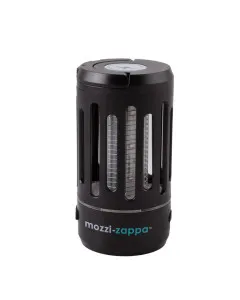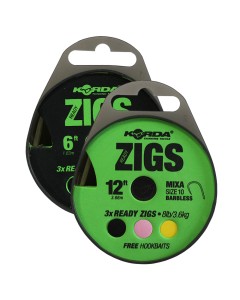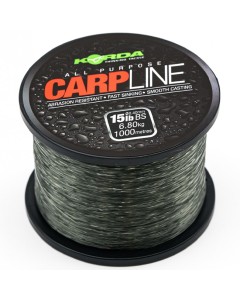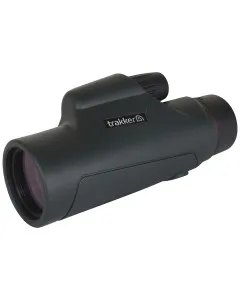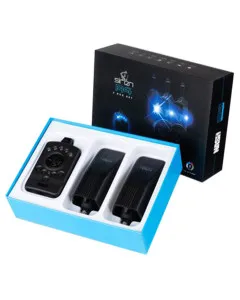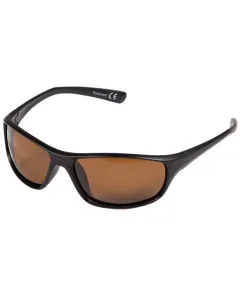Fishing Weather UK: When, Where & How to Catch More Fish
Fishing is more than a mere pastime; it's an art, a science, and a connection to nature. To the new angler catching a fish might seem like luck. To those in the know, it's about understanding when, where, and how to fish.
In the United Kingdom, where fishing is an integral part of cultural heritage, understanding fishing weather is vital for success.
This guide unveils the mystery of fishing weather in the UK. Revealing the best times, locations, and techniques to catch more fish. Whether you're a novice angler or a seasoned pro, this article will provide valuable insights to elevate your fishing experience.
Skip To..
Best Seasons for Fishing in the UK
Understanding Fishing Weather in the UK
Understanding the weather is crucial to successful fishing. Anglers who grasp the nuances of weather conditions can plan their fishing trips. Choosing the best times and locations to maximize their catch.
Basics of Weather Patterns
Different weather patterns in the UK affect water temperature, oxygen levels, and fish behaviour. For example, fish are more active on overcast days. The clouds reduce sunlight, making the fish feel safer and more likely to bite.
What weather is best for fishing?
The best fishing weather forecast often includes mild temperatures, moderate cloud cover, and stable atmospheric conditions. Avoid extreme weather like heavy rain or strong winds, as they can disrupt fish behaviour and make fishing challenging.
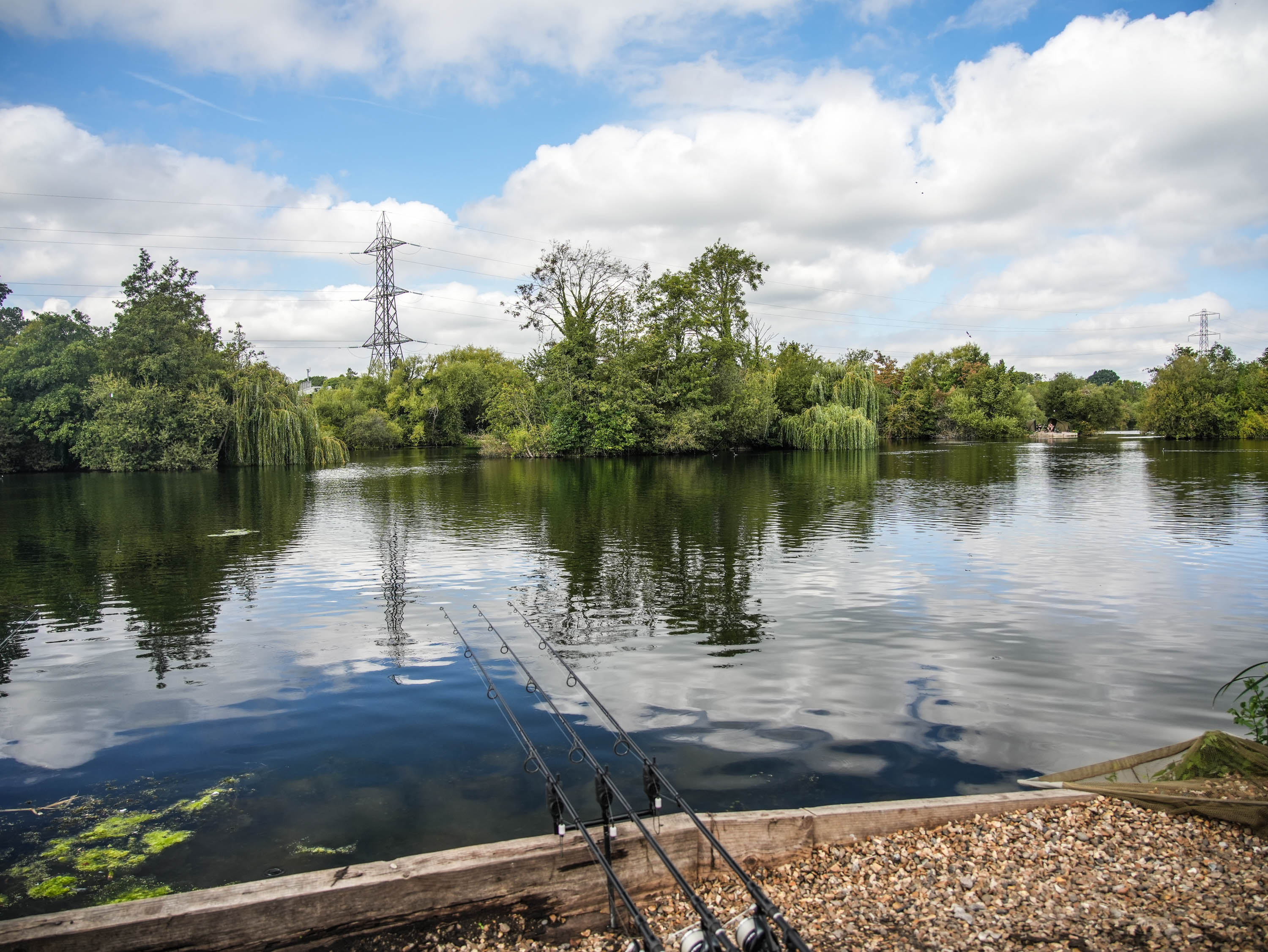

Seasonal Changes & Fishing
Every season in spring, summer, autumn, or winter offers a unique fishing experience. Spring is the spawning season for many fish, while summer provides longer days for fishing. Autumn brings cooler water, affecting fish movement, and winter fishing can be an exciting predator fishing experience.
Weather Impact on Different Fish Species
Different fish species react uniquely to weather changes. Trout, for example, prefers cooler water, while carp are more active during warm weather. Understanding the preference of the fish you are targeting is essential for success. From water temperature to barometric pressure, each factor plays a pivotal role in shaping the fishing experience.
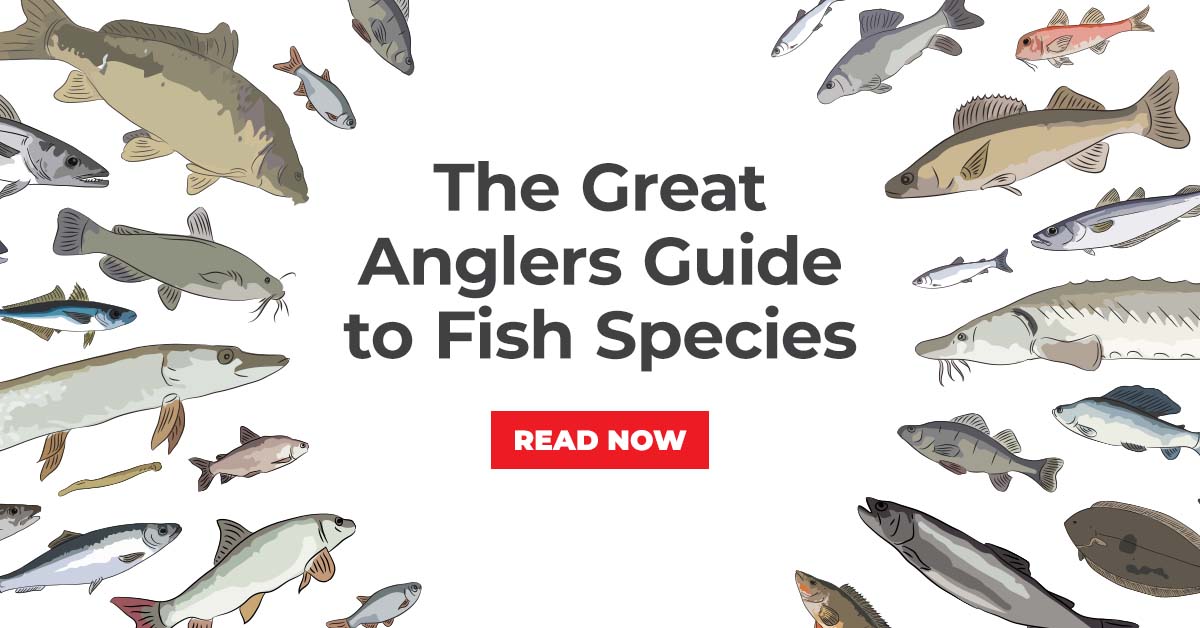

Temperature and Fishing
Temperature plays a critical role in determining fish activity. Fish, being cold-blooded creatures, adjust their metabolism according to the water temperature around them. Cold waters slow down fish activity, while warmer waters increase their energy demands.
Fishing in hot weather UK, fish are more active, while the winter months might see reduced activity. Furthermore, water temperature affects the dissolved oxygen levels, which are crucial for fish respiration. Knowing these patterns will allow you to plan your trip better.
Wind Direction When Angling
Wind direction can dramatically influence where you'll find fish. Fish often swim against the current, so angling in the wind's direction may lead to better results.
Wind-induced waves influence water turbidity, currents, and nutrient distribution. These factors, in turn, affect fish behaviour and feeding patterns. By grasping how winds interact with water bodies, you can anticipate fish movements and adapt your approach.
Barometric Pressure's Role
Barometric pressure, the weight of the air exerted on an area, is a game-changer for fishing. Fish are sensitive to changes in pressure, which occur with shifting weather patterns. Rapid changes in pressure often trigger feeding frenzies, making these moments prime for casting your line.
Fishing Weather in the UK: When to Fish
Best Times of the Day
Early morning and late afternoon can be the best times for fishing. Fish are more active during these periods. The low light levels make fish more comfortable and willing to feed.
Monthly Breakdown
Every month has something different to offer anglers in the UK. From the thrill of spring spawning to the calmness of winter fishing, each month can provide a unique experience.
Spring Fishing: Spring is a favourable season to fish, especially for species like salmon, tench, bream and trout. The warming waters lead to increased activity.
Summer Fishing: Summer offers longer days and a variety of species. Fish for barbel, carp, tench, bream or chub. Summer is a prime time for anglers.
Autumn Fishing: Autumn is a transitional season. It can be a hit or miss depending on your fishing technique. However, with the right knowledge of species such as perch, zander and carp success is possible.
Winter Fishing: Winter requires careful planning and understanding of fish behaviour. During these colder months, you can catch fish like pike, cod, and whiting.
Weather Warnings & Safety
Safety is paramount when fishing. Awareness of weather warnings, such as storms and high winds, is vital. Always check the weather forecast and heed any warnings to ensure a safe and enjoyable fishing experience.
Fishing before a storm can lead to incredible catches, but safety should always come first. Carefully monitor weather forecasts and fishing reports, allowing ample time to retreat safely if conditions worsen. By combining preparedness with weather awareness, you can maximize your fishing rewards while minimizing risks.
Where to Catch More Fish in the UK
Popular Locations
The UK offers a variety of fishing locations. From the serene lakes of England to the rivers of Wales, there's a spot for every angler.
People recognize places like Lake Windermere and River Severn for their beauty and abundance of fish.
Hidden Gems
Beyond the famous spots, the UK has hidden gems that offer a unique fishing experience. Exploring lesser-known areas can lead to an adventure and the thrill of catching fish that few have fished before.
Regional Differences
Different regions in the UK have varying weather patterns, landscapes, and fish species. Understanding these differences helps in selecting the perfect location for your desired catch.
Broadly speaking, locations in the eastern and southern parts of the UK typically experience less rainfall. They also have higher temperatures, more sunshine, and milder winds compared to areas situated farther to the west and north.
How to Utilise Weather for Successful Fishing
Fishing Tools & Equipment
Having the right tools and fishing equipment can make all the difference. Prepare for your fishing trip with Angling Direct. Buy fishing tackle online or visit your nearest fishing tackle shop.
Modern technology like weather apps and fish finders can also enhance your experience and increase your chances of a successful catch.
Top Weather Apps for Anglers UK
- BBC Weather: Offers a 7 day fishing weather forecast
- Met Office: Checking the wind and fish lake weather
- My Tide Times: Tables & Chart for monitoring beach high tide times
- Windy: This app that is good for wind direction
- Fishing Forecast: One of the best carp fishing weather apps
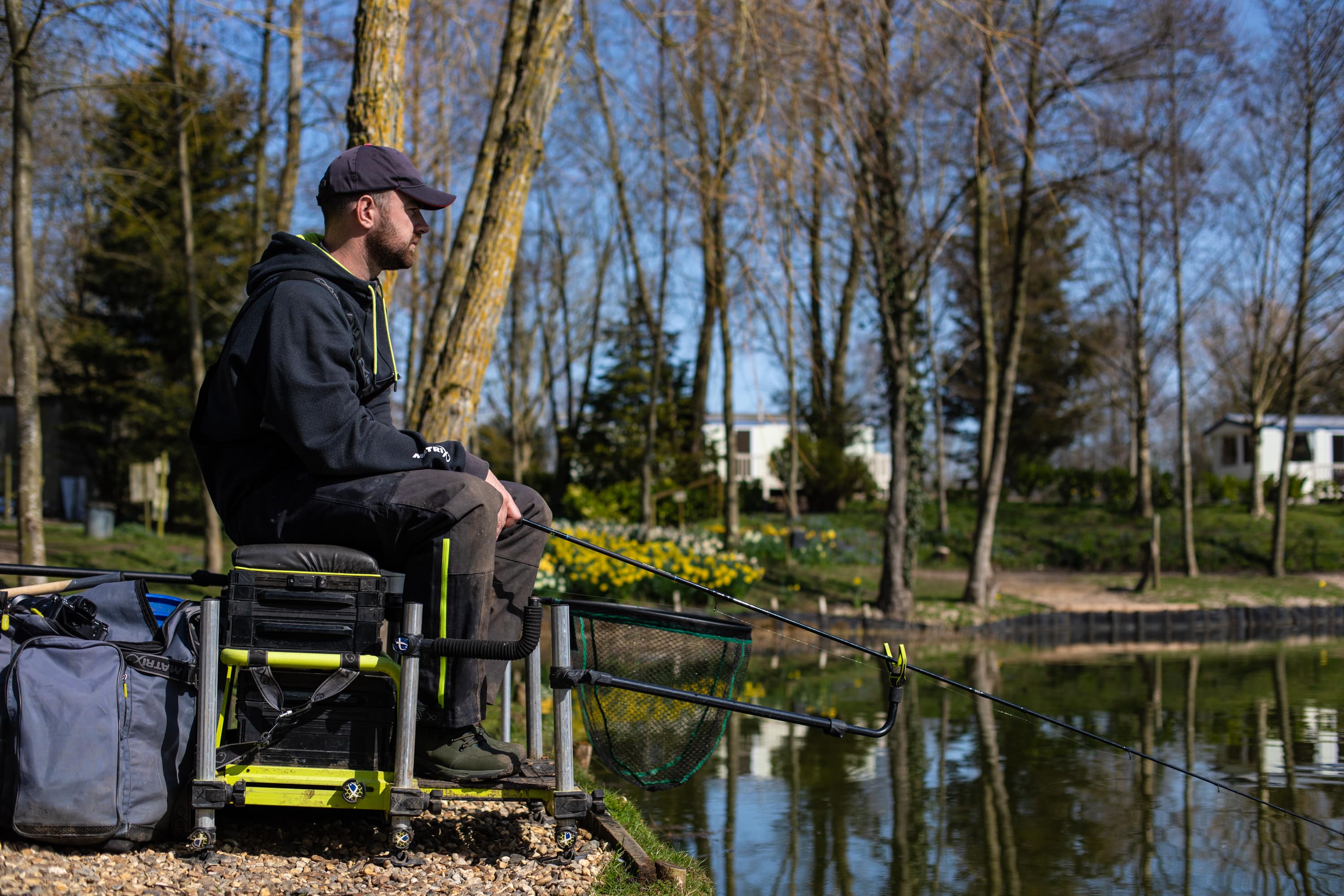

Fish react distinctively to pressure changes. Rapid pressure drops, significant within a short span, encourage active feeding.
A quick rise in pressure signals fish retreat. Stable pressure over a few days leads to renewed feeding activity. Utilise fishing apps to monitor pressure shifts and optimise your timing.
Techniques & Strategies
From understanding fish behaviour during a rain shower to utilizing wind direction. Employing weather-specific techniques and strategies can significantly improve your fishing success.
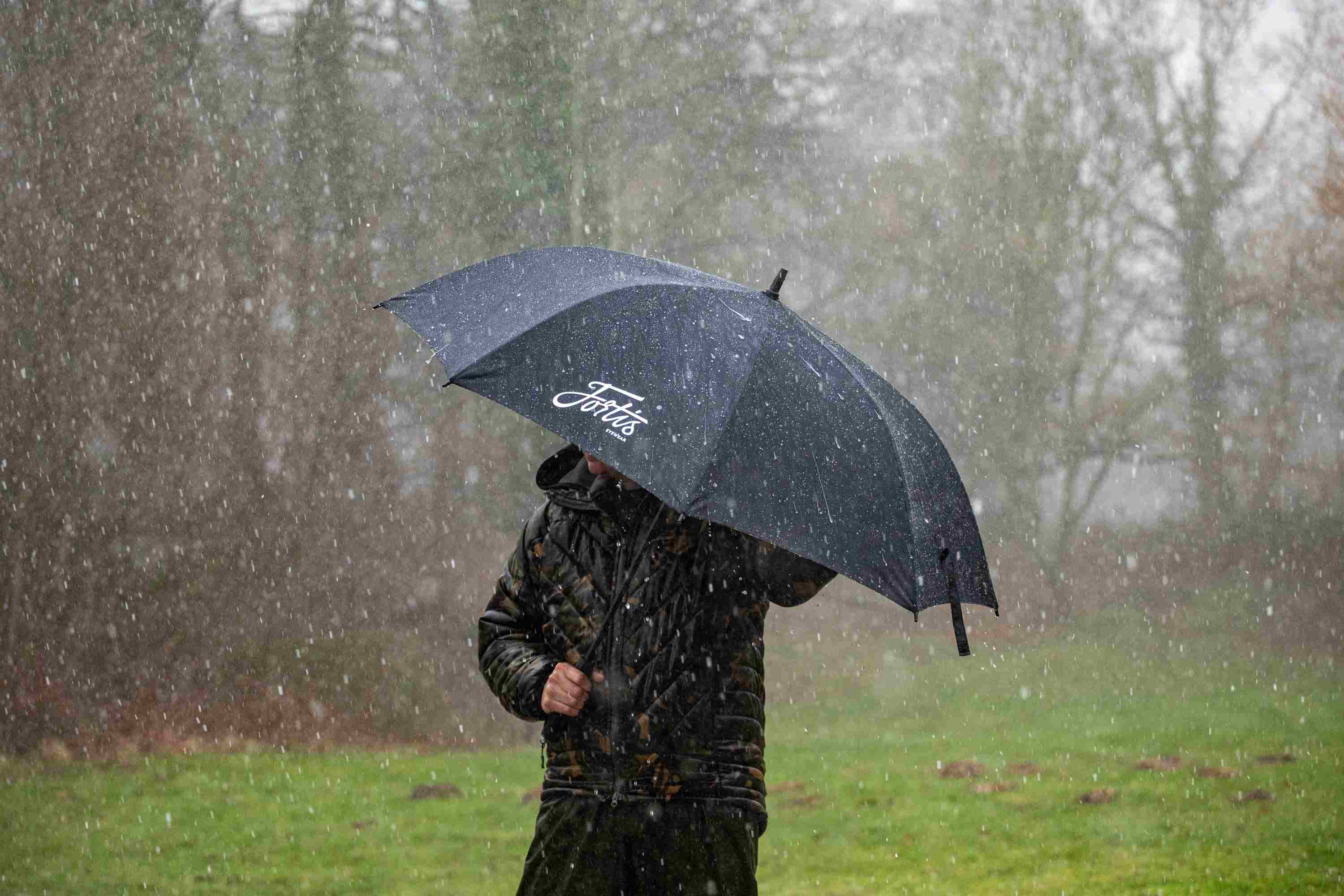

Fishing in the Rain: Rainfall can rapidly change water temperature, turbidity, and nutrient content, dramatically impacting fish behaviour. Be sure to set up with fishing wet weather gear.
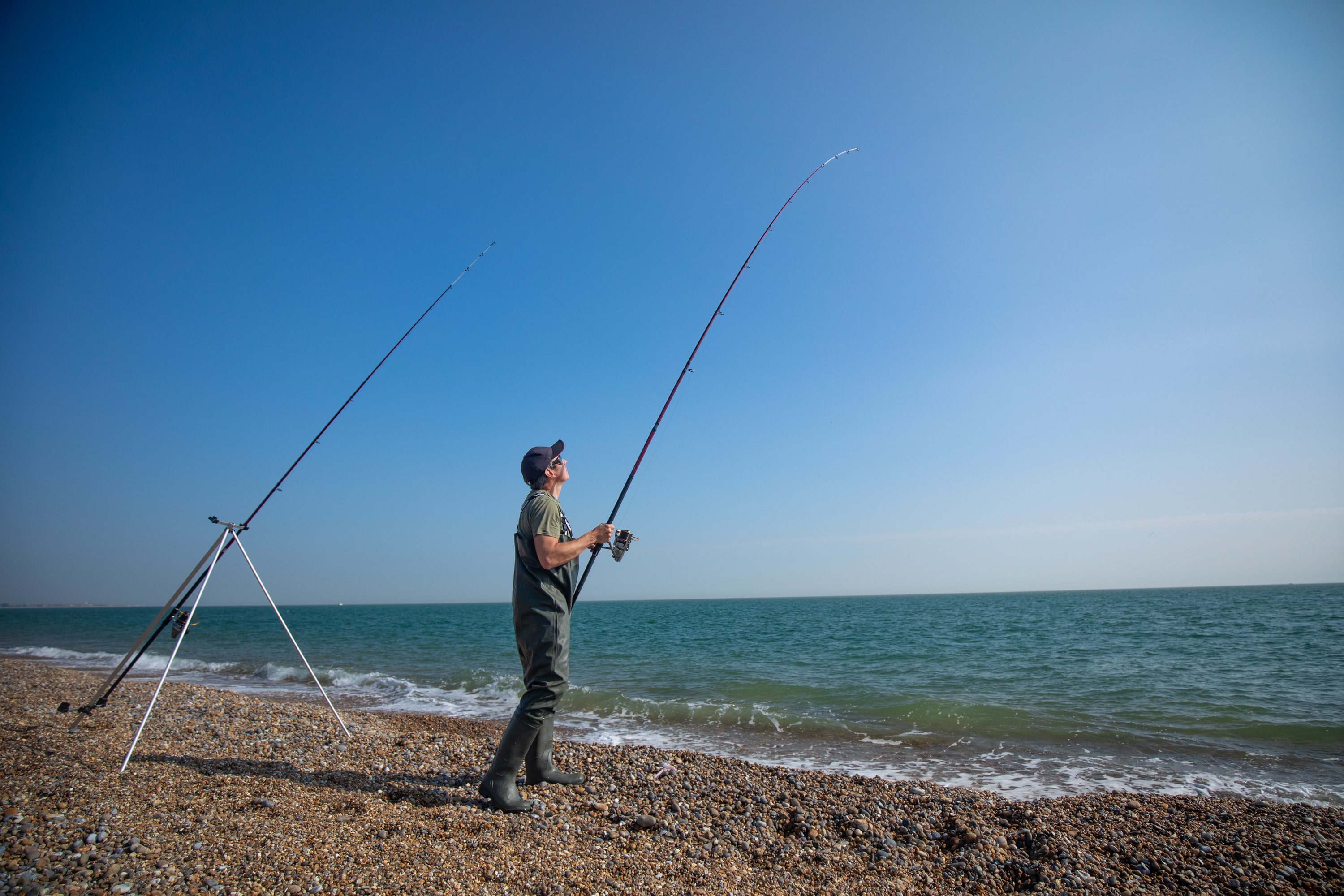

Sunny Fishing Conditions: Improved visibility in the water, increased fish activity due to warmer temperatures, and a more enjoyable overall experience.
Summer is some of the best weather for carp fishing. However, when carp fishing in hot weather, fish become more cautious in well-lit areas, requiring sun protection in snaggy areas.
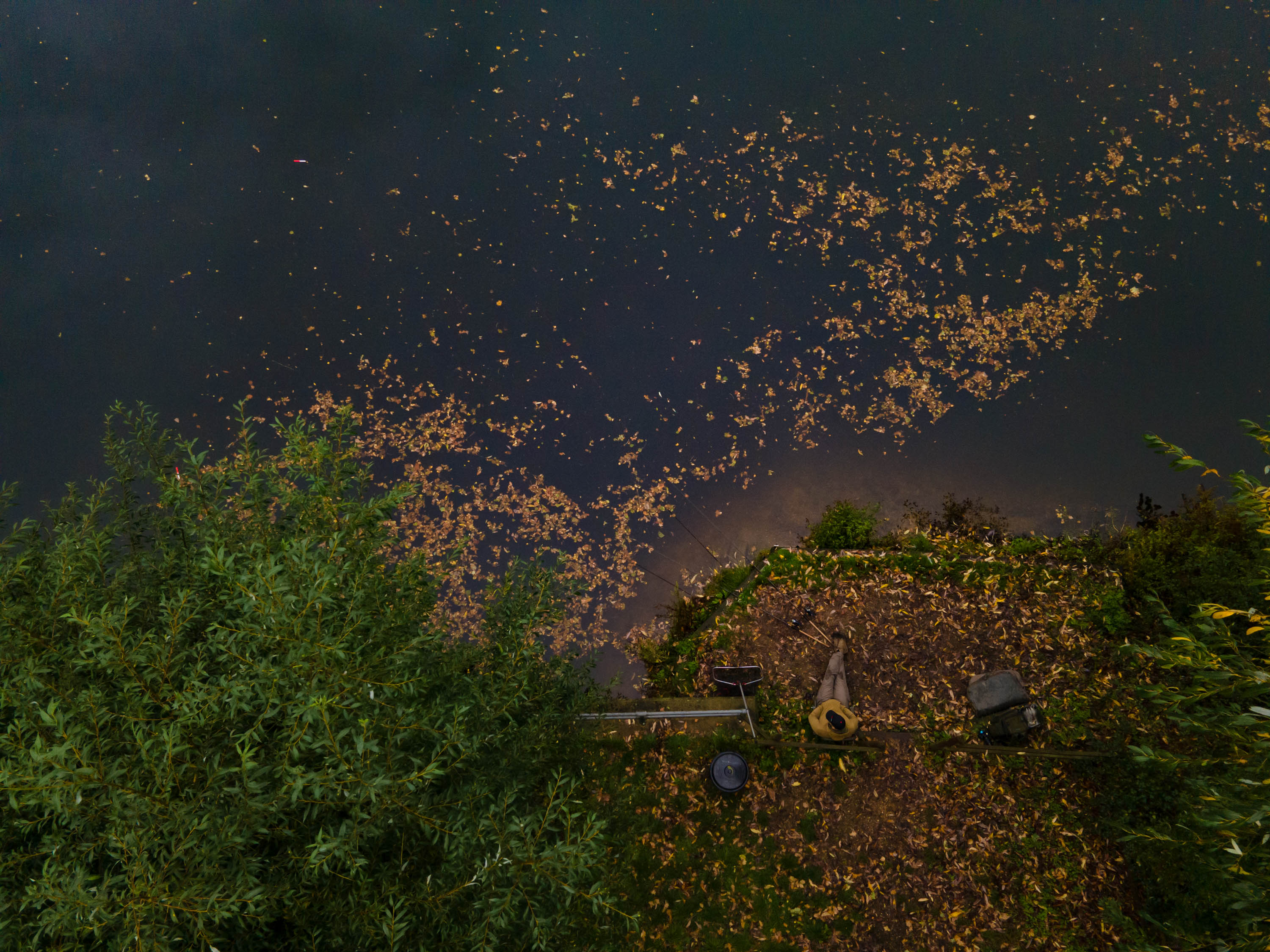

Fishing when Windy: Strong winds create friction on water surfaces, generating waves that affect currents and nutrient distribution. As winds influence barometric pressure changes, they play a crucial role in predicting feeding opportunities.
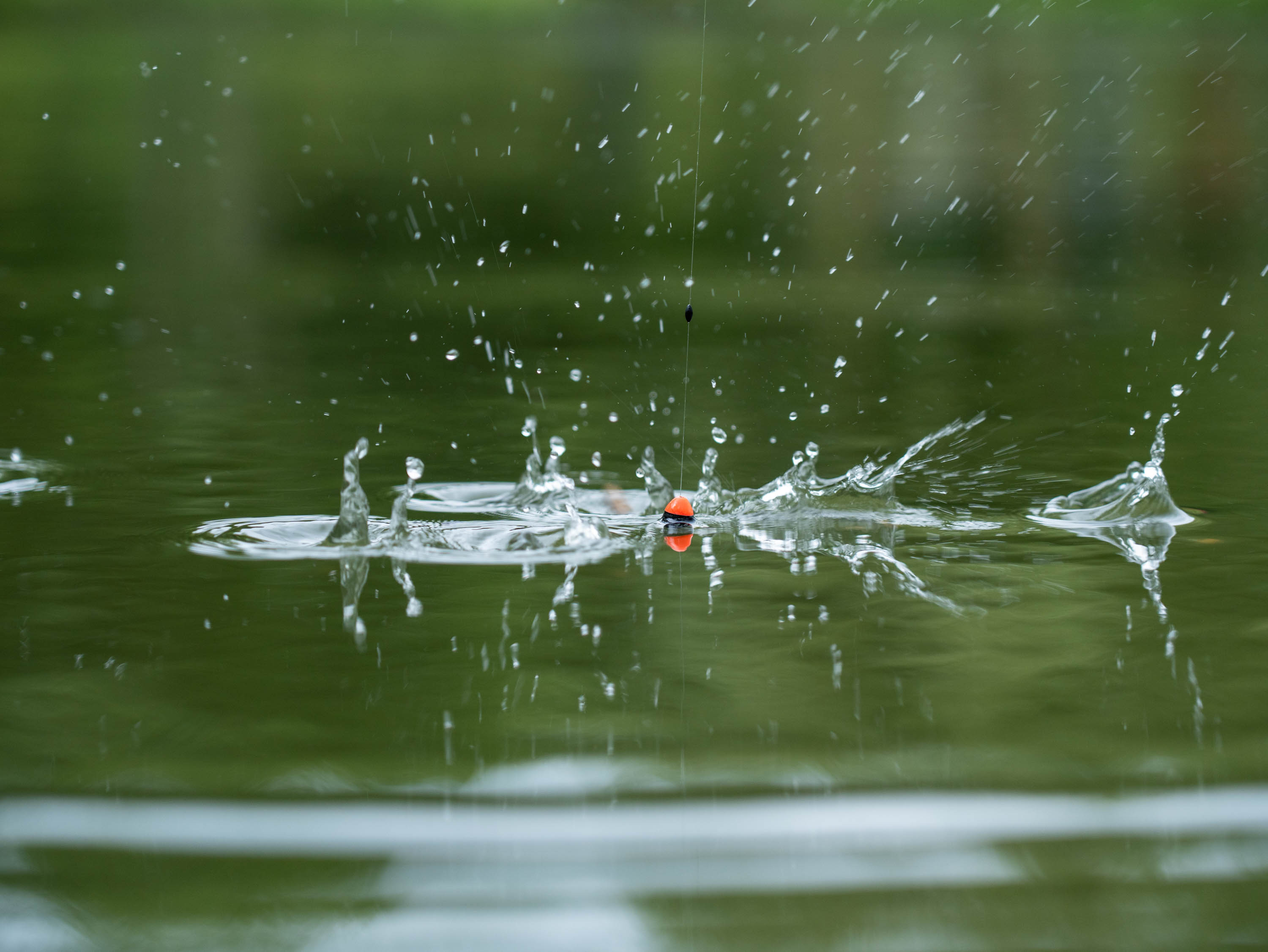

Turbid Waters: Adjust your fishing style to water temperature and turbidity. In colder weather, use slow-moving lures, while warmer conditions favour faster presentations. Turbid waters necessitate lures that stimulate fish through vibration and colour.


Frost: An overnight frost may discourage fish from feeding. They might show interest in angler's baits during the mid to late afternoon when temperatures have risen or stabilized. When faced with frosty conditions, target the deepest and warmest areas to increase your chances of success.
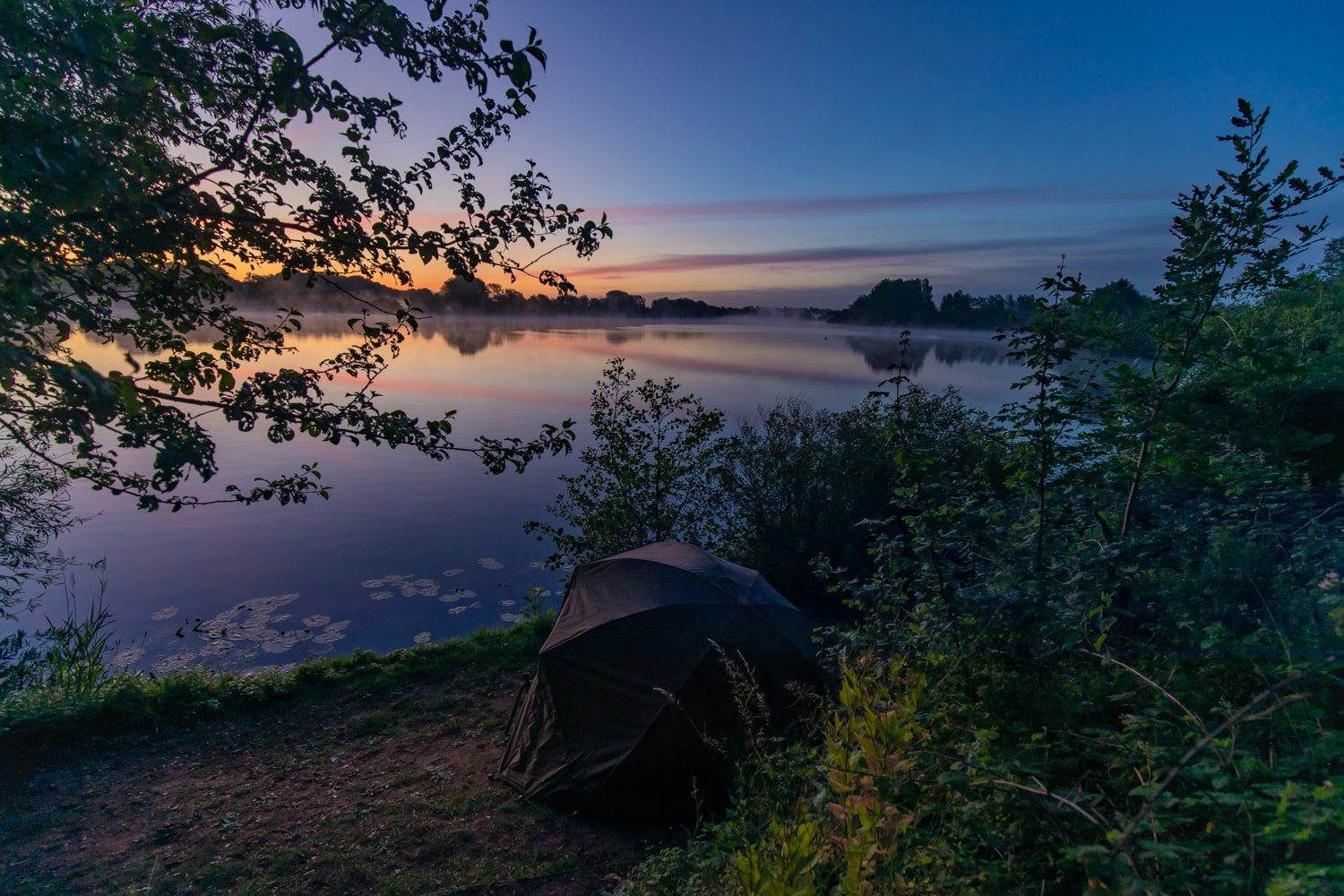

Thunderstorms: We've experienced productive fishing immediately following intense thunderstorms. However, it's crucial to exercise caution during electrical storms. Refrain from using or holding a fishing pole or rod when thunder and lightning are present to ensure your safety.
Tips from the Pros
Seasoned anglers often have insights that come only with experience. Whether it's knowing how to fish during a sudden weather change or using unique bait during different weather conditions. Learning from the pros can be invaluable.
The Connection Between Climate Change and Fishing
Impact on Fish Habitats
Climate change is affecting fish habitats in the UK. Rising temperatures, changing water levels, and other climate-related factors are altering fish behaviour and availability.
Sustainable Fishing Practices
With the environment in mind, sustainable fishing practices are essential for preserving fish stocks for future generations. Responsible angling ensures that the joy of fishing continues for years to come.
Unleash Your Inner Angler
Fishing weather in the UK is more than just a forecast. It's an intricate puzzle connecting temperature, wind, and seasons with fish behaviour and locations.
Whether you're a seasoned angler or a beginner, understanding the various elements discussed in this guide will significantly enhance your fishing experience.
Unlocking the mysteries of weather and its impact on fishing empowers you to become a skilled angler. As you harness the interplay between temperature, wind, and pressure, you'll set yourself up for memorable fishing experiences.
You will enrich your angling journey by outsmarting fish behaviour and mastering techniques during weather changes.
If you're new to fishing, explore our Fishing Tips for Beginners to kick-start your angling adventure. Now, armed with this knowledge, get ready to explore the bountiful fishing opportunities the UK has to offer.
FAQs on Fishing & the Weather
What weather is best for carp?
Carp fishing weather tends to be most productive during warm weather with water temperatures between 18°C to 24°C.
The ideal carp weather forecast is overcast days as they encourage carp to venture out in search of food. It's very hot or very cold conditions might slow down their activity.
What is the best weather for fishing in the UK?
In the UK, the ideal fishing weather typically involves mild temperatures, partly cloudy skies, and relatively stable atmospheric pressure. Avoid heavy rainfall and extreme winds, which can deter fish from feeding.
What is the weather pressure for fishing?
A stable barometric pressure is often favourable for fishing. Fish tend to be more active when the pressure is steady, regardless of whether it's high or low. Rapid changes in pressure, especially significant drops, can make fishing challenging as fish might become less active during such conditions.
What is the best fishing line for windy days?
The best fishing line for windy days is a braided line. Braided lines have minimal stretch, making them more resistant to the effects of wind. They also offer excellent sensitivity and strength, allowing anglers to feel even subtle bites and maintain control over their fishing gear in challenging windy conditions.
How do you float fish in windy conditions?
To float fish in windy conditions, follow these steps:
1. Choose a heavier float: Opt for a float with a larger buoyant body to provide stability in choppy waters.
2. Adjust shot placement: Place split shots closer to the hook to ensure the bait sinks quickly and stays in the desired area.
3. Use a longer leader: Extend the distance between the float and hook to allow the bait to move more naturally and reduce line movement caused by wind.
4. Consider a waggler float: Waggler floats are made to ride the water's surface. Wagglers minimise the impact of wind on your presentation.
5. Cast at an angle: Cast slightly against the wind to help control the float's drift and keep the bait in the intended fishing zone.
Does wind affect sea fishing?
Wind significantly affects sea fishing. Strong winds can create rough water conditions, making it challenging to maintain stability and control while fishing. Wind can also influence the behaviour of fish, pushing them to sheltered areas or changing their feeding patterns. Anglers need to adapt their fishing techniques and equipment to account for windy conditions, such as using heavier sinkers, adjusting casting angles, and choosing appropriate bait to attract fish despite the wind's impact.


